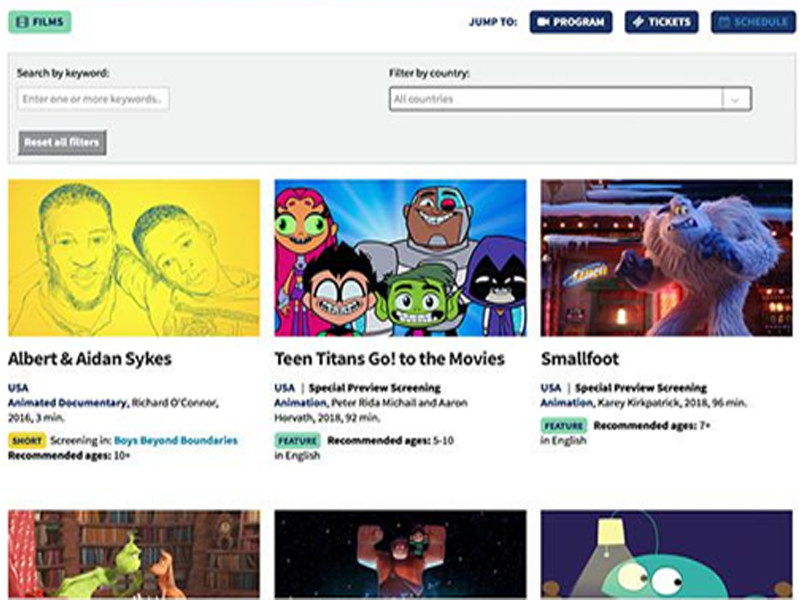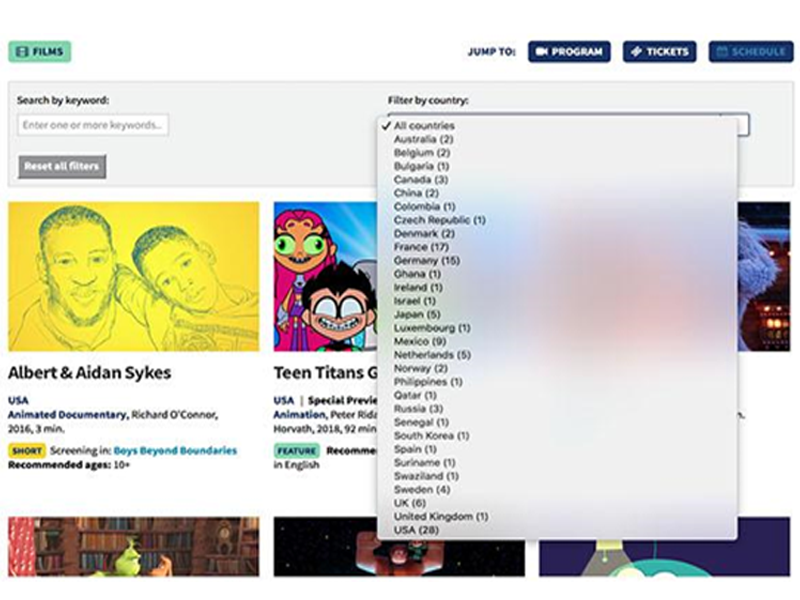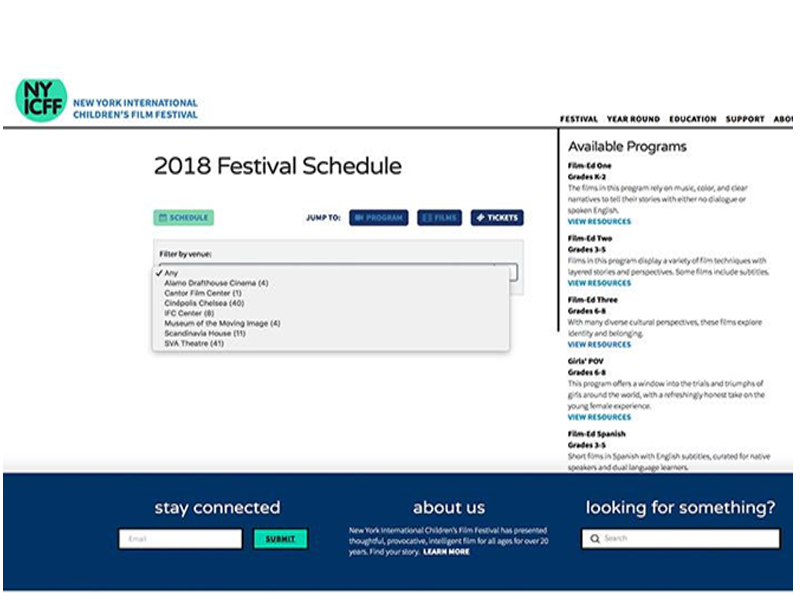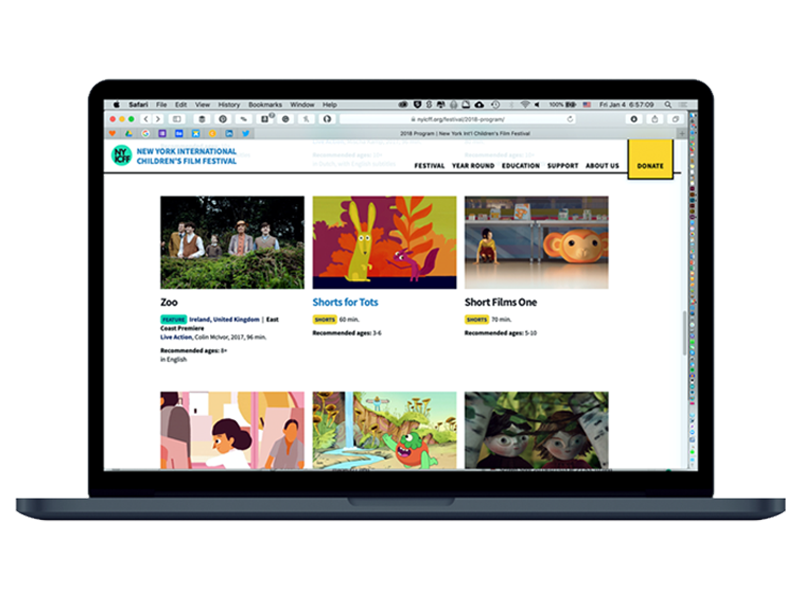October 2018- January 2019
As a dedicated UX researcher and designer, I played a pivotal role in a collaborative team effort for the mobile application development project with the New York International Children’s Film Festival (NYICFF). Our collective objective was to spearhead the development of a mobile application tailored to enhance the overall user experience for NYICFF’s clients, with a primary focus on amplifying ticket sales and streamlining the purchasing process.
Throughout this project, I undertook the responsibility of conducting comprehensive user research to understand the unique needs and preferences of NYICFF’s audience. Leveraging these insights, I seamlessly transitioned into the role of a UX designer, where I employed human-centered design principles to craft an intuitive and visually engaging mobile application. By prioritizing user-friendly navigation and seamless purchasing flows, our team aimed to create an app that not only met but exceeded the expectations of NYICFF’s clientele.
My contributions to this project are a testament to my proficiency in seamlessly integrating UX research findings into the design process, ultimately resulting in an optimized mobile application tailored to enhance ticket sales and user satisfaction for NYICFF. This experience reflects my commitment to delivering impactful solutions through a user-centric design approach.
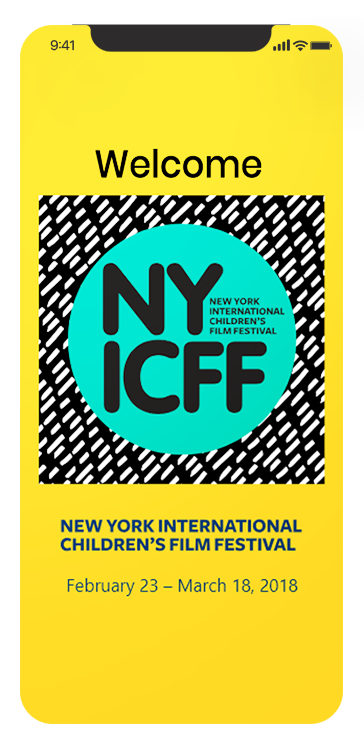
The research aimed to enhance NYICFF’s website usability and develop a mobile app to improve user experience. The key objectives included:
Identifying strengths and weaknesses of the current NYICFF website.
Exploring ways to make festival participation more interactive via a mobile app.
Investigating whether the app could streamline ticket sales and scheduling.
Understanding how users interact with the website and what improvements they need.
A mix of qualitative and quantitative research methods was used, including client interviews, user testing, and surveys.
The research process included:
Client Interviews: Gathering business goals and pain points.
Usability Testing: Observing how users navigate the website.
Qualitative Questionnaires: Collecting insights on user behavior and expectations.
Quantitative Research: Analyzing ticket sales data and feature demand.
Competitive Analysis: Reviewing similar platforms for best practices.
The approach combined user-centered design (UCD) and design thinking, ensuring solutions addressed real user needs.
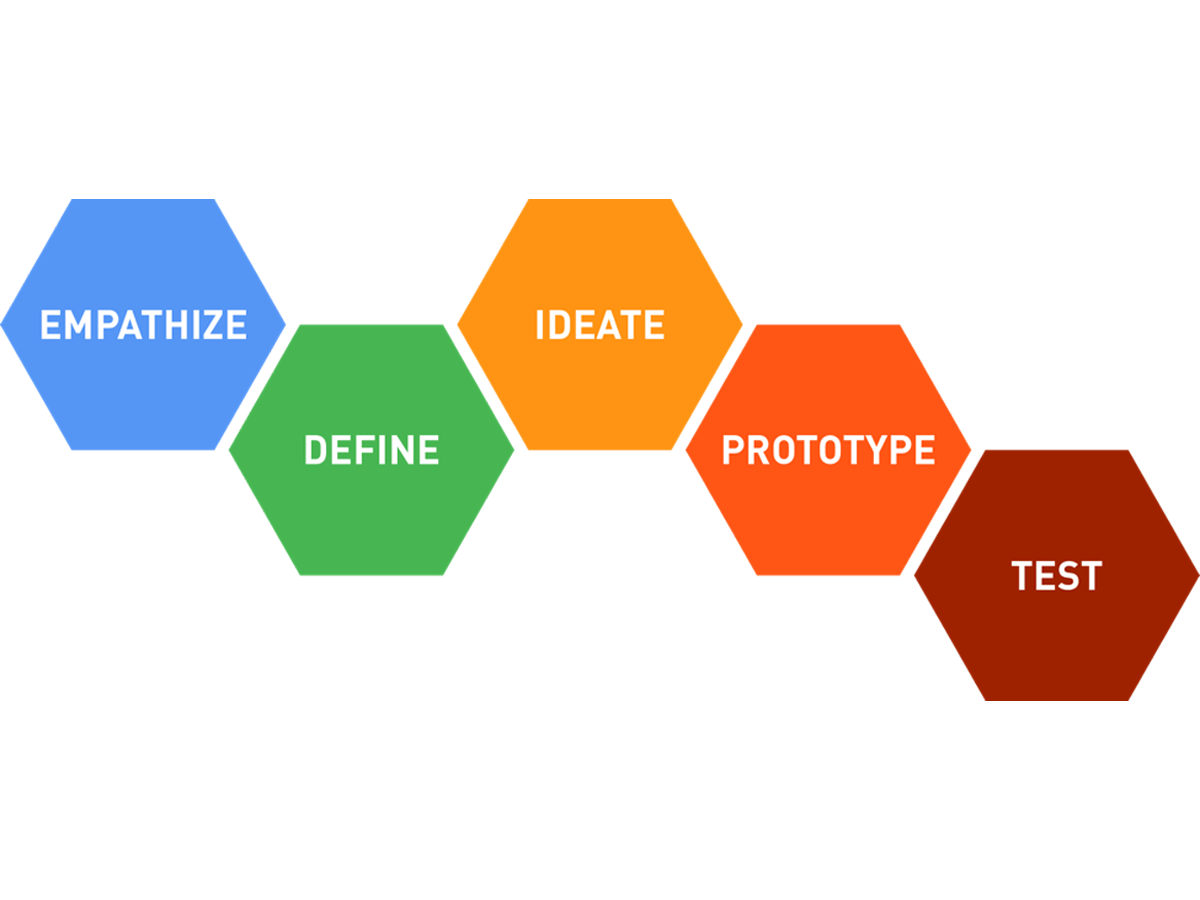
The primary research objectives were to evaluate the usability of the NYICFF website, identify pain points, and uncover opportunities for improvement. Additionally, the study aimed to determine how a mobile app could enhance user engagement by offering an interactive experience, optimizing the ticketing process, and improving search functionality. The research also sought to explore ways to increase festival attendance, improve scheduling, and ensure users had access to relevant information for an enhanced festival experience.
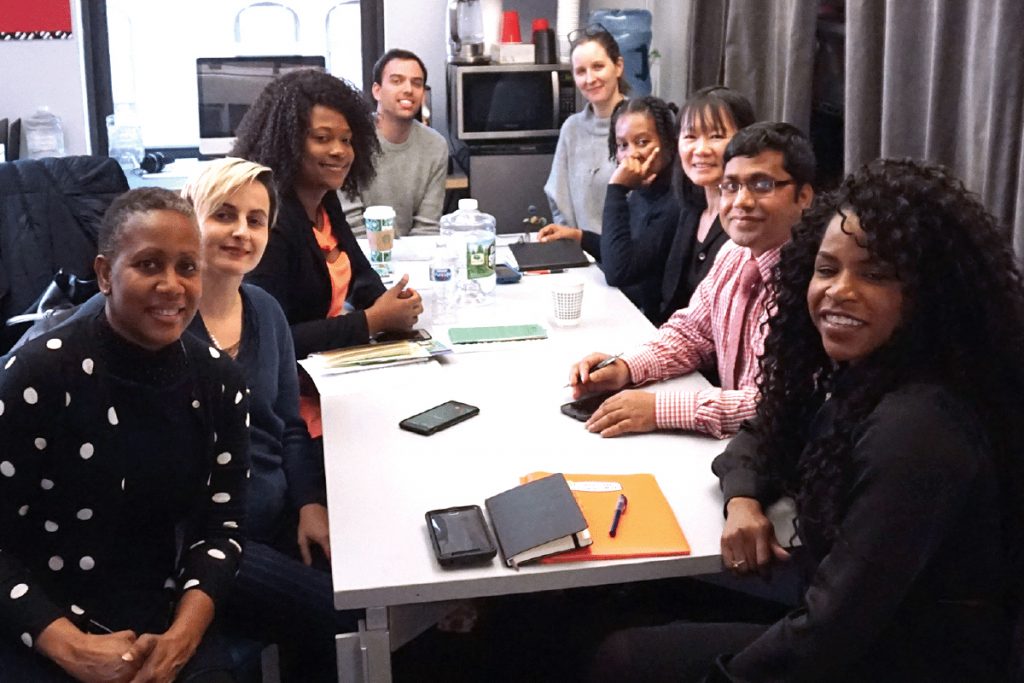
This questionnaire aims to understand the preferences, behaviors, and pain points of individuals attending children’s film festivals, with a specific focus on the NY International Children’s Film Festival (NYICFF). The questions are designed to gather insights into how attendees select and watch films, their experience with ticket purchasing, and their interaction with the NYICFF website and overall event experience. The goal is to identify opportunities for enhancing user experience and improving ticket sales and event engagement.
1) Do you have children?
(If no, proceed to question 2)
If yes, how many children do you have?
(You may ask for their age and gender if needed)
Child 1: Age: _____ Sex: _____
Child 2: Age: _____ Sex: _____
Child 3: Age: _____ Sex: _____
(Add additional fields if needed)
2) Do you watch children’s movies?
Yes / No
If yes, which children’s movies have you watched recently?
3) How did you first learn about these movies?
(Options: Social Media, Word of Mouth, TV, Other)
3b) (For Parents Only)
How do you select the movies your child watches?
Do you use ratings, reviews, genre, or other factors?
4) Where do you typically watch children’s movies?
(Options: Home, Movie Theater, Streaming Services, Other)
5) How do you usually purchase tickets for movies?
(Options: Online (website/app), Box office, Third-party services, Other)
6) Have you ever heard of the NY International Children’s Film Festival (NYICFF)?
Yes / No
7) How did you first hear about NYICFF?
(Options: Social Media, Word of Mouth, Website, Flyers, Other)
8) Have you ever watched any films at NYICFF?
Yes / No
If yes, how did you discover these films? (Website, Recommendations, Program Guide, etc.)
9) How did you select which films to see at NYICFF?
What factors influenced your decision to attend certain films?
(Options: Age appropriateness, Interest in topic, Film reviews, Filmmaker, Recommendations, Other)
9b) What was your experience in selecting films at NYICFF?
Likes:
Dislikes:
What would improve this process for you?
10) How did you purchase tickets to NYICFF?
(Options: Online via website/app, Box office, Other)
10b) How was your experience purchasing tickets for NYICFF?
Likes:
Dislikes:
What improvements would you suggest for the ticket purchasing process?
11) What is your opinion of the NYICFF website?
Likes:
Dislikes:
What would you improve about the website?
12) How would you describe your experience attending a film at NYICFF?
Likes:
Dislikes:
Any recommendations for enhancing the festival experience?
The target audience consisted of:
Parents (Moms & Dads) – Seeking easy ways to find and book quality leisure activities for their kids.
Film Enthusiasts – Interested in independent and artistic children’s films.
General Moviegoers – Including adults without kids who enjoy animated films.
Festival Attendees – Individuals looking for an improved scheduling and ticketing experience.
Users ranged from ages 20 to 42 and used both desktop and mobile devices.
Users liked the website’s graphics but found navigation confusing.
Filtering options were limited, making film selection difficult.
The ticketing system was not intuitive, leading to frustration.
Users wanted an interactive festival experience, including a voting system and better scheduling tools.
The user journey highlighted pain points in the film discovery and ticket purchasing process. Key insights:
Discovery: Users found it difficult to filter and browse films efficiently.
Decision-Making: Lacked clear information on ratings, genres, and schedules.
Ticket Purchasing: The process was confusing, with too many clicks and unclear pricing.
Event Experience: Users struggled with venue navigation and schedule planning.
Post-Event Engagement: No clear way to rate or review films, missing an opportunity for community interaction.
To organize and synthesize qualitative data, an affinity mapping session was conducted. User feedback, pain points, and feature requests were categorized into key themes, such as navigation issues, ticketing challenges, and search/filter limitations. This process helped in prioritizing improvements and aligning design decisions with user needs, ensuring a more seamless and intuitive experience.
Renata S. – 40’s Used my IPAD to look at site.
Pros: Liked the graphics, easy to see and colorful. Didn’t think site was that hard to navigate.
Challenges: Wasn’t sure what NYICFF was about. Some buttons poor contrast.
No back button on screens?
Ticketing doesn’t work.
Site needs filters. Has a 7 year old and wants to know what movies she would like(usually goes by ratings(P.G.etc) to determine what is appropriate for kid.
Michelle Y. – 20’s
She has a degree in graphics design/IT and took web development.
Pros: Logos, fonts, colors okay.
Challenges: Initially had problems finding a movie.
Asked me “Where do I go?” Should be less scroll down. Client’s own writing. “Under ticket search engine, there should be an options pop-up and search options for users. This way users can have film recommendations.”
Need filters for: genre, newest, animation. Want to see an A-Z button. “What if I don’t remember the full name of a movie?”
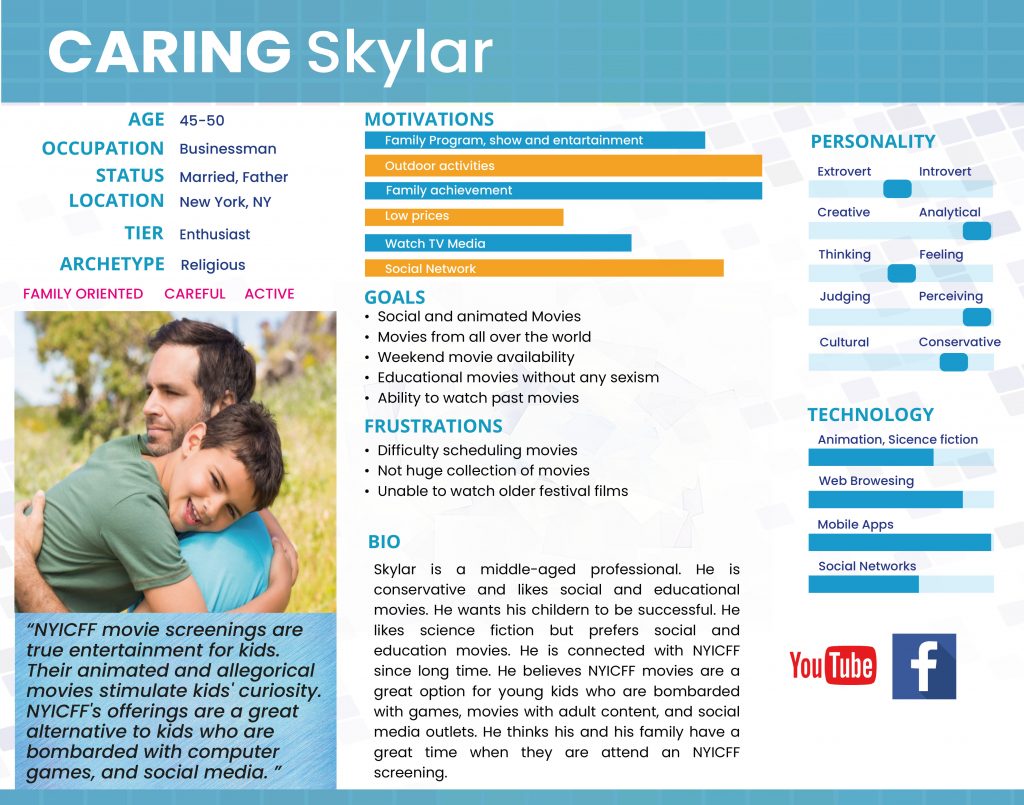
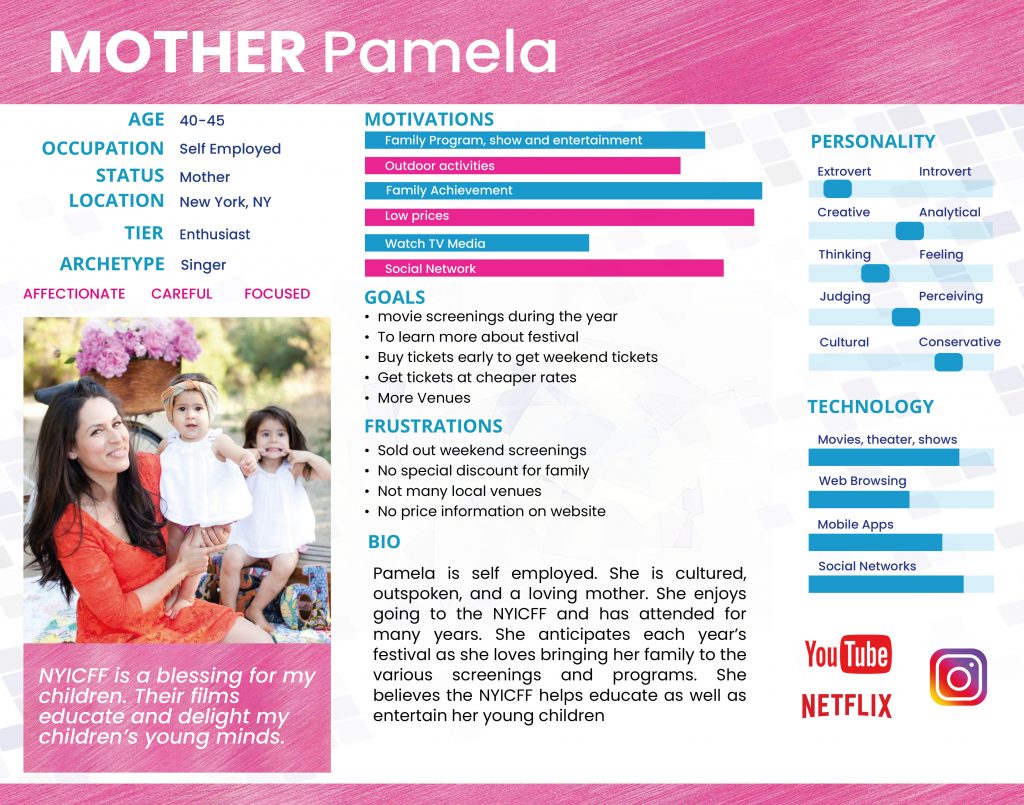
Persona
The research identified major usability issues:
Difficult Film Discovery – Limited search and filter options.
Complicated Ticket Purchasing – Users struggled to find pricing and complete transactions.
Poor Event Planning – No intuitive way to schedule multiple films.
Lack of Interactivity – No features for user engagement, recommendations, or rewards.
These problems led to low user retention and lost ticket sales.
Through extensive user research, several key insights were identified:
Users struggled with finding movie details due to limited search and filter options.
The ticket purchasing process was unclear, leading to confusion and frustration.
Parents sought better ways to evaluate movies for their children, such as age-appropriate recommendations and trailers.
Users preferred a more interactive experience, including voting on films and personalized recommendations.
These insights directly informed the design decisions and feature prioritization for the website and mobile app.
In the How Might We stage of the design thinking process, the objective is to frame user problems as opportunities for innovation. By focusing on the challenges and insights gathered from users, we aim to generate solutions that will improve the user experience.
For the NYICFF app, several insights from the user research guided the development of innovative solutions. The users expressed frustrations with the current website’s navigation, lack of filters, and difficulty in the ticket purchasing process. In response to these issues, we framed the following How Might We questions:
How might we simplify the search process for festival-goers to easily find films based on their preferences, such as genre, age suitability, and ratings?
How might we improve the ticket purchasing experience to make it more seamless and intuitive for users?
How might we enhance the app’s interactivity to engage children and families throughout the festival experience?
How might we provide better access to movie trailers to help users make informed choices?
How might we allow users to share their movie reviews and feedback in an engaging way?
Based on these challenges, the solution involves an NYICFF mobile app that includes:
Simplified search and multiple filters: Users can filter films by age, genre, and other criteria, making it easier to discover relevant movies.
Trailers and video content: The app will feature trailers for films, offering a dynamic and engaging browsing experience.
Interactive features for children: The app will include fun, child-friendly features like games to keep young attendees entertained.
Voting system: Users can vote for films they’ve watched by scanning a QR code on their tickets, fostering an interactive festival experience.
Member sign-in and rewards program: Users will have the option to create an account to store payment details, track past tickets, and receive personalized recommendations. A rewards program will be integrated, allowing users to earn discounts for attending multiple screenings.
Venue information and directions: The app will provide detailed venue information and help users navigate to the screening locations.
Incorporating these solutions into the NYICFF app will address key user pain points, such as poor navigation, lack of filters, and a confusing ticket purchasing process, while adding exciting and interactive features that make the festival experience more enjoyable for families.
A collaborative ideation session explored solutions, such as:
Improved search and filter system (genre, age, rating, etc.).
Simplified ticket purchasing with upfront pricing and fewer steps.
Mobile app with festival schedule planning and recommendations.
Interactive features like film trailers, reviews, and voting systems.
Each idea was evaluated using this framework:
Feasibility: Could the solution be technically implemented?
Viability: Would it align with NYICFF’s business goals?
Desirability: Did users actually want or need the feature?
Key takeaways:
Filters, ticketing improvements, and app-based scheduling were highly feasible and desirable.
Interactive features (voting system, gamification) were desirable but needed careful implementation.
Early-stage sketches and wireframes were created to explore different design solutions and layout structures. These low-fidelity prototypes allowed for rapid iterations based on user feedback, ensuring a user-centered approach. The wireframes focused on improving search functionality, streamlining the ticketing process, and introducing interactive features, such as personalized recommendations and festival scheduling tools.
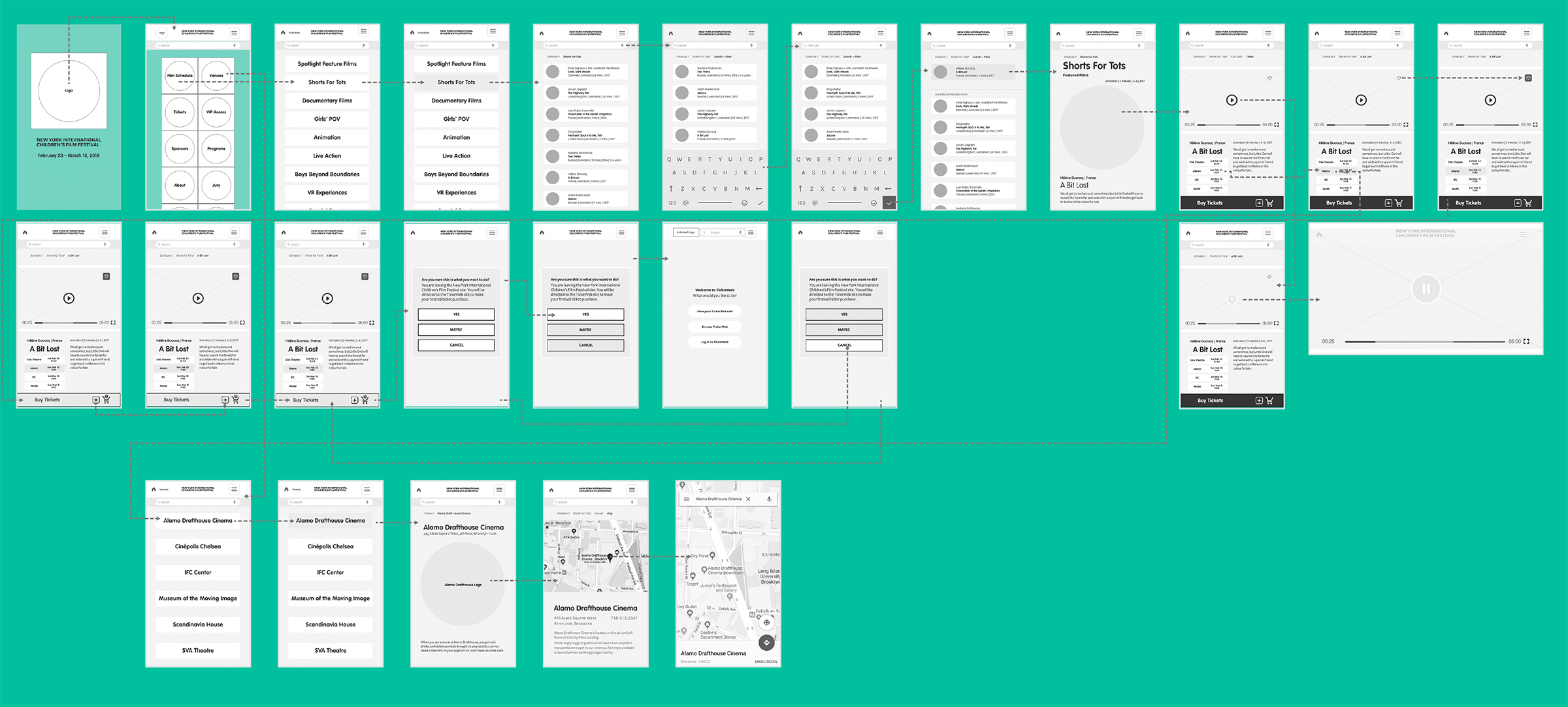
Testing focused on:
Finding information about films – Users struggled with navigation.
Buying tickets – The process was unclear and led to drop-offs.
Choosing venues and directions – Users wanted better mapping tools.
Identifying pain points in scheduling – Needed a calendar-style planner for festival visits.
Insights led to redesigning the website and app for a more intuitive experience, reducing friction, and increasing engagement.
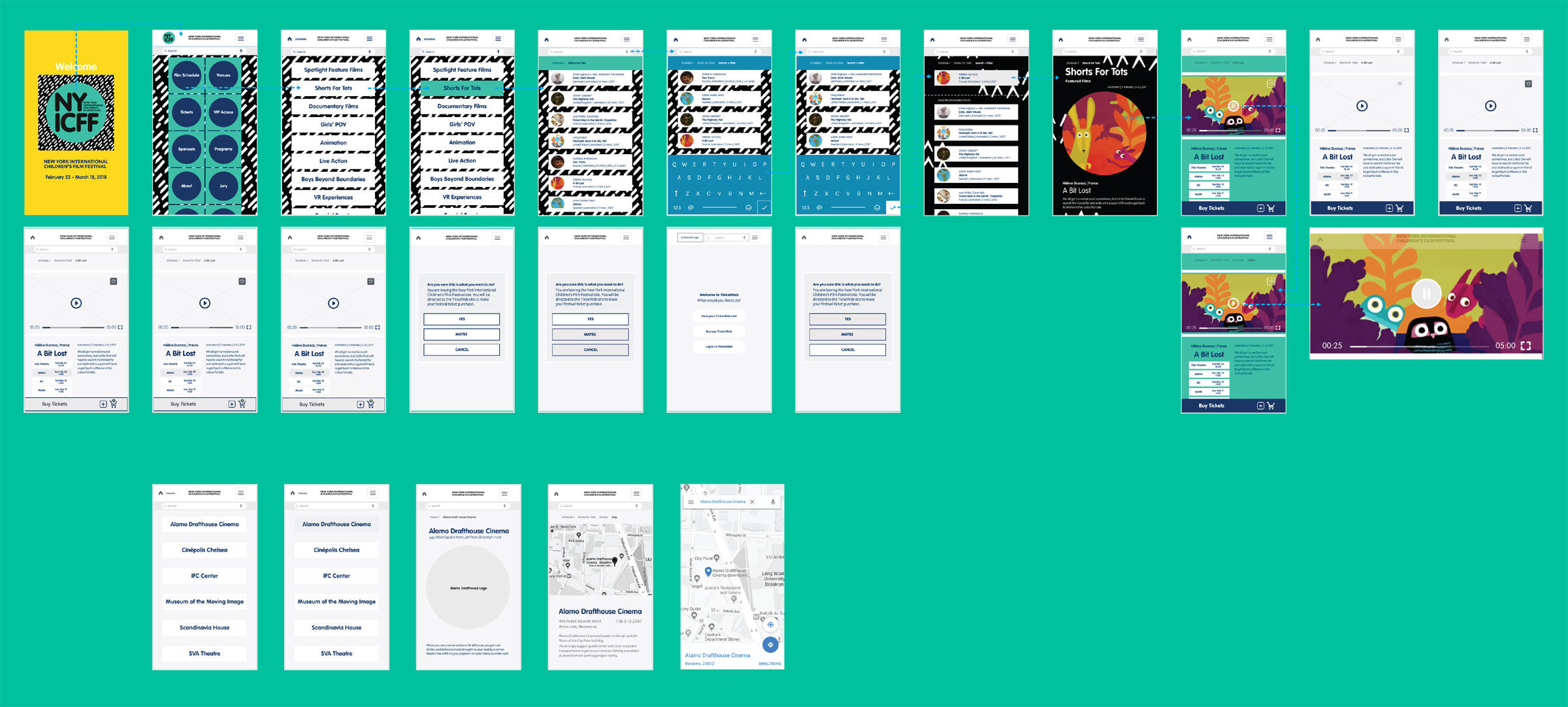

The final prototype was a high-fidelity interactive model of the redesigned NYICFF website and mobile app. It incorporated refined UI elements, improved navigation, and enhanced filtering/search functionalities. The prototype addressed major usability concerns by simplifying the ticketing process, introducing a recommendation system, and ensuring a visually engaging user experience tailored to different audience needs.
Based on research findings, several recommendations were proposed for future improvements:
Implement an advanced filtering system with options for genre, age suitability, and popularity.
Introduce a seamless ticketing process with upfront pricing and fewer steps.
Develop an interactive feature, such as voting or gamification, to engage users and encourage participation.
Optimize the mobile app experience by incorporating user-driven features, such as member sign-in, movie suggestions, and an interactive schedule planner.
Rewards program based on how many programs screened. Screen five or more get a% off. (As with season tickets for opera, ballet etc.)
These recommendations ensure long-term usability enhancements and drive continued engagement with the NYICFF platform.
Current Website Search Functions
